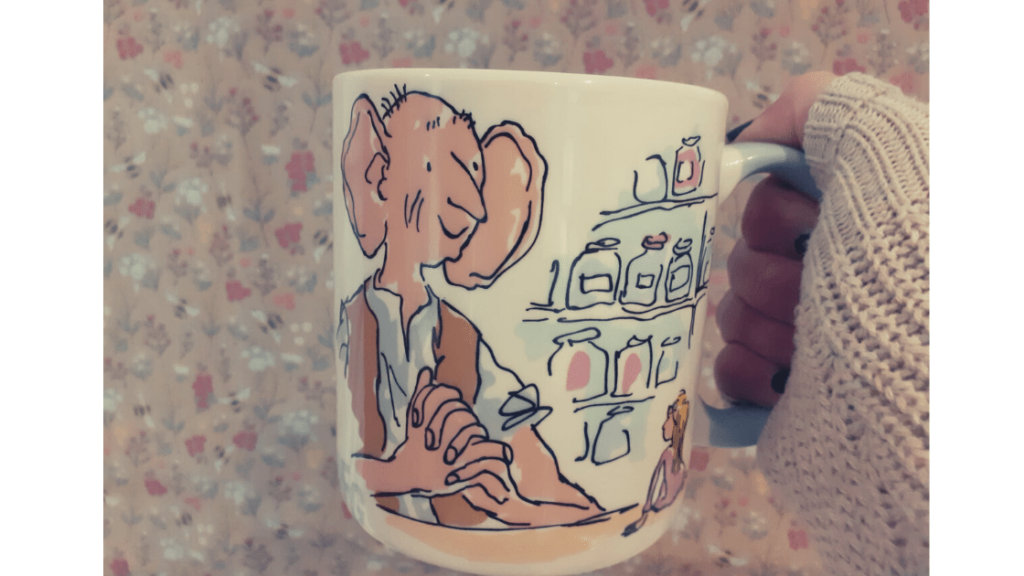World Book Day
Today is World Book Day! A day in which we celebrate all things books!
The celebration was first created by UNESCO on 23rd April 1995, and it is held in over 100 countries across the globe. Its intention is to promote reading for pleasure, offering young people the opportunity to read and have a book of their own. This is vital as reading for pleasure is the single biggest indicator of a child’s future success. Not merely are child readers argued to perform better in spelling and math tests, but they are also recorded to have greater levels of empathy and self-understanding.
As a team of language lovers and avid readers, we couldn’t let such an occasion pass by without celebrating all things books! That’s why in this blog, we’re going to list some of our favourite childhood stories!

So, are you ready to take a trip down memory lane? Let’s begin!
1. Room on the Broom by Julia Donaldson
Abounding in rhyme and teaching of the importance of cooperation and friendship, it is not hard to see why Donaldson’s story is a favourite pick among many. Accompanied by Axel Scheffler’s captivating illustrations, Donaldson’s tale is a classic.
With sentences such as ‘Iggety, ziggety, zaggety, ZOOM’ – how can you not love Room on the Broom?
2. The BFG by Roald Dahl

Of course, it wouldn’t be a true reflection of our favourite childhood stories if we didn’t have a Roald Dahl classic on the list. Whilst we could have listed the timeless Charlie and the Chocolate Factory or perhaps the legendary Matilda, it is The BFG that stole our hearts.
Packed with man-eating giants, jars upon jars of dreams and encounters with royalty, Roald Dahl’s tale is truly magical. Moreover, it is not merely the setting and plotline that are magical. The words are too! With made-up words such as ‘whizpopping’ and ‘frobscottle’, it’s hard not to chuckle as you read the tale. What is more, imparting life lessons such as the need not to judge others by their appearance and the fact that ‘two rights don’t make a left’, it’s hard not to be enlightened by Roald Dahl’s work.
3. The Velveteen Rabbit by Margery Williams
Written in 1922, The Velveteen Rabbit is a story about a stuffed bunny who becomes a real rabbit through the love of a little boy. And yes … it is as adorable as it sounds!
Beyond being adorable however, Williams’ story imparts some pretty important life lessons. For example, it tells how hardships are a natural part of life. The stuffed bunny was ridiculed, became tattered and thrown on a rubbish heap. However, despite this, he still made it through. We thus learn that hardships are only temporary and that they happen to us all:
“Generally, by the time you are Real, most of your hair has been loved off, and your eyes drop out and you get loose in the joints and very shabby. But these things don’t matter at all, because once you are Real you can’t be ugly, except to people who don’t understand.”
It may be a children’s story, but I think we can all find comfort in words such as these.
These are just some of our favourite childhood stories! We’d love to hear what stories you loved to read though! Why not get in touch via our social media?!
Harry Potter and the 64 Translations
With J. K. Rowling’s final instalment of the Harry Potter books coming out in cinemas soon, a blog post about how other countries have learnt about this brilliant saga is long overdue! The best selling series of books has been translated into at least 64 different languages, including Latin and Ancient Greek.
With so many new and invented words, translators had a hard time making the book as magical for their own nation as it has been for us!
Lord Voldemort, meaning ‘flight of death’ in French, has been difficult to translate as his real name – Tom Marvolo Riddle – forms an anagram of ‘I am Lord Voldemort’. This means his name had to change with the language.
In Icelandic, he is called Trevor Delgome; he became Tom Gus Mervolo Dolder in Swedish which is an anagram of ‘ego sum Lord Voldemort’ – that’s Latin, not Swedish! And my personal favourite is the French, where He-Who-Must-Not-Be-Named goes by the name of Tom Elvis Jedusor.
Many of the spells in the books come from Latin words, and usually we British can get the basic gist of them. For example, from the word Expelliarmus we could take out the words ‘expel’ and ‘armed’ or ‘armour’ to figure out that this spell disarms somebody.
However, for languages that don’t stem from Latin, other methods were used to create the same effect. In the Hindi version, translators used words that derived from Sanskrit to invent the spells.
As well as the authorised translations, other illegal, amateur translations have been made – in China in particular. Among these was a version completely different to the genuine books. It was called Harry Potter and Leopard Walk up to Dragon. In this book, Harry becomes a fat, hairy dwarf, is stripped of all his magical powers and is made to fight a dragon that embodies all the world’s evil!
Maybe we should just stick to the films for now…
Guest article by Annie Smith.




